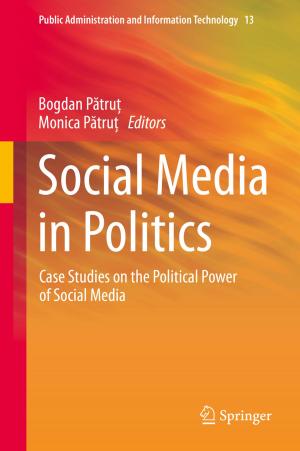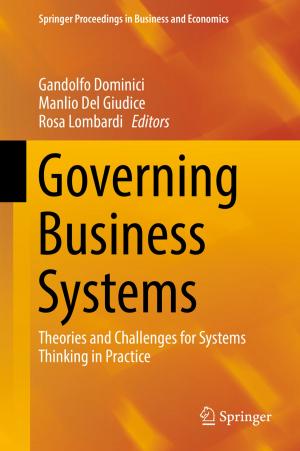From Partisan Banking to Open Access
The Emergence of Free Banking in Early Nineteenth Century Massachusetts
Nonfiction, Social & Cultural Studies, Political Science, Politics, Economic Conditions, Business & Finance, Economics, Economic History| Author: | Qian Lu | ISBN: | 9783319676456 |
| Publisher: | Springer International Publishing | Publication: | October 9, 2017 |
| Imprint: | Palgrave Pivot | Language: | English |
| Author: | Qian Lu |
| ISBN: | 9783319676456 |
| Publisher: | Springer International Publishing |
| Publication: | October 9, 2017 |
| Imprint: | Palgrave Pivot |
| Language: | English |
How did banking in early nineteenth-century Massachusetts evolve? Lu provides a compelling narrative about the connection between inclusive political systems and open access economies, hypothesizing that entry into banking was firstly made upon partisan grounds before later becoming open access/free entry. Lu investigates state level institutional change and studies the transition to open access from an economic perspective. What was the relationship between banking and political elites? Why were elites, who enjoyed privileges under dominant institutions, willing to dissolve these institutions and eliminate their privileges? The author provides new insights into American economic history, explaining how a society moves from limited access to one of openness.
How did banking in early nineteenth-century Massachusetts evolve? Lu provides a compelling narrative about the connection between inclusive political systems and open access economies, hypothesizing that entry into banking was firstly made upon partisan grounds before later becoming open access/free entry. Lu investigates state level institutional change and studies the transition to open access from an economic perspective. What was the relationship between banking and political elites? Why were elites, who enjoyed privileges under dominant institutions, willing to dissolve these institutions and eliminate their privileges? The author provides new insights into American economic history, explaining how a society moves from limited access to one of openness.















